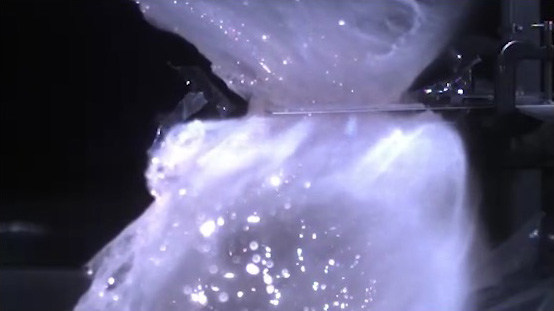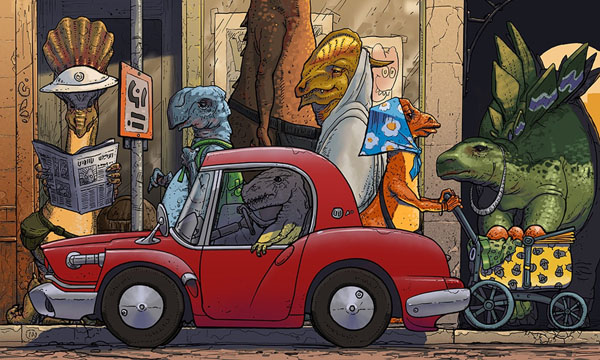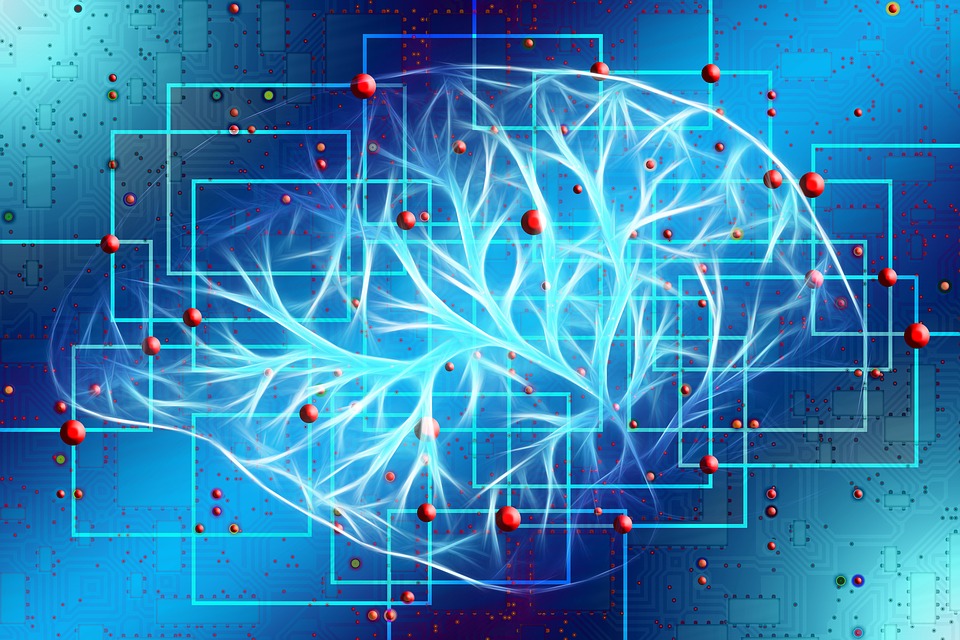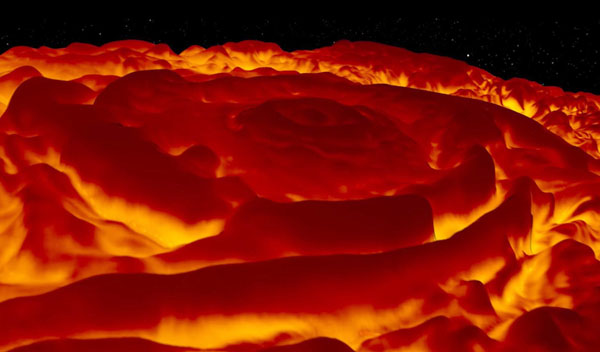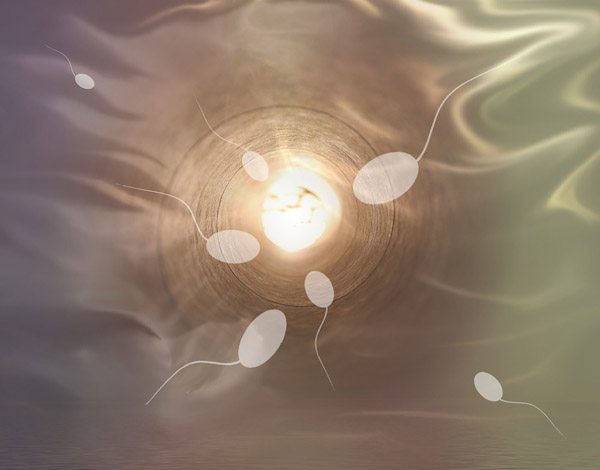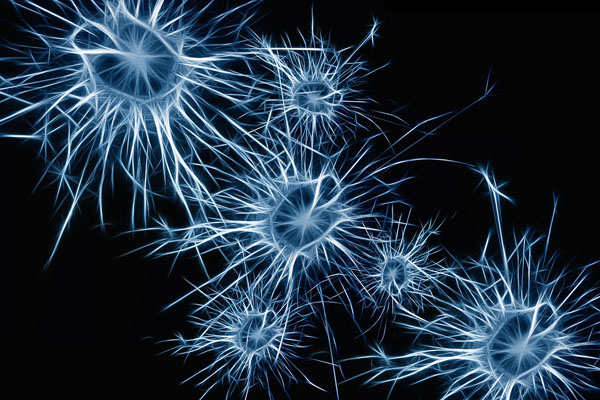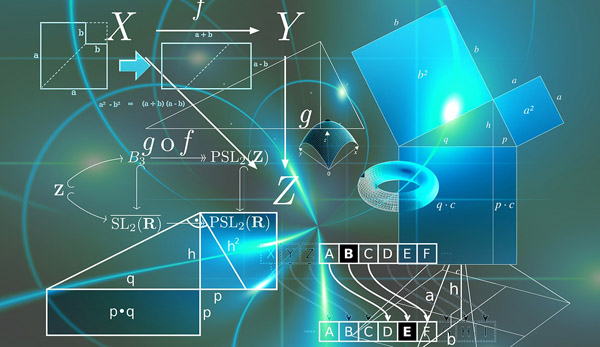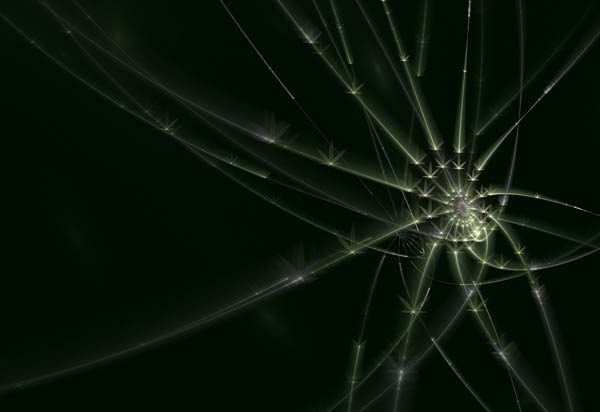SCIENCE: Transferring Memory
A new study strongly suggests that at least some memories are stored in genetic code, and that genetic code can act like memory soup. Suck it out of one animal and stick the code in a second animal, and that second animal can remember things that only the first animal knew. That might sound like science fiction or remind some readers of debunked ideas from decades past. But it’s serious science: In a new study, researchers at the University of California, Los Angeles (UCLA) extracted RNA, a genetic messenger molecule, from one snail and implanted it in another snail. Then, … Read more




